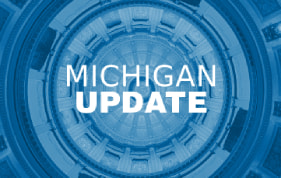Working in conjunction with Arnold Ventures, a team of HMA consultants has written an issue brief, Medicare-Medicaid Integration: Integrated Model Enrollment Rates Show Majority of Medicare-Medicaid Dual Eligible Population Not Enrolled. This brief presents key findings on their examination of the availability of integrated programs in states, the growth in enrollment rates, and differences in enrollment and programs across the country.
The HMA team cited several reasons why Medicare-Medicaid integrated program options are not equally available nationwide and why enrollment is limited in places where programs exist. The result is that millions of people are not enrolled in whole-person, integrated program options – a reality that is inefficient, and worse yet, inequitable.
The HMA team, led by Managing Principal Jon Blum and Principal Sarah Barth, includes Narda Ipakchi, Ellen Breslin, Mindy Cohen, Sharon Silow-Carroll and other HMA subject matter experts.




